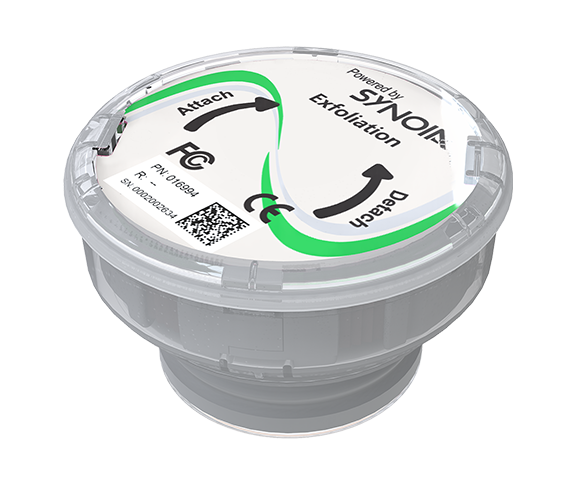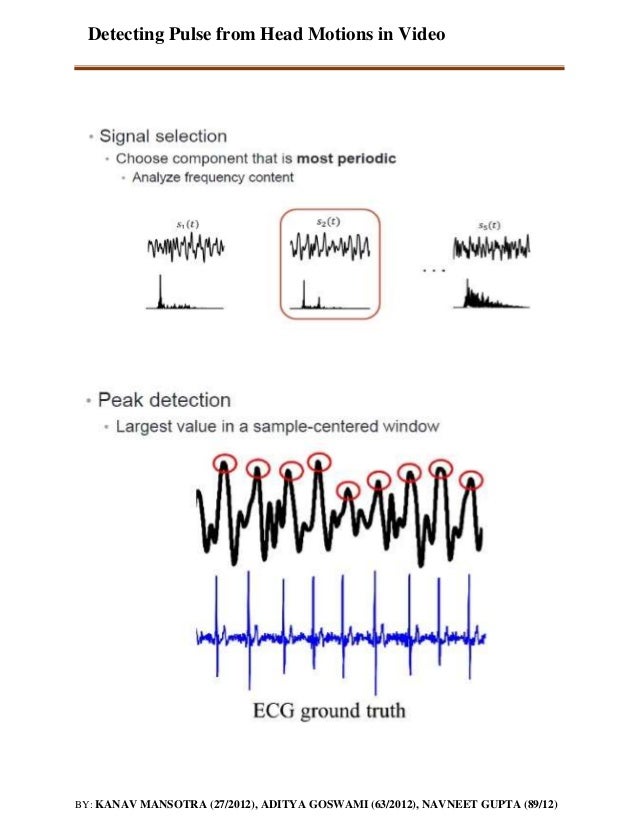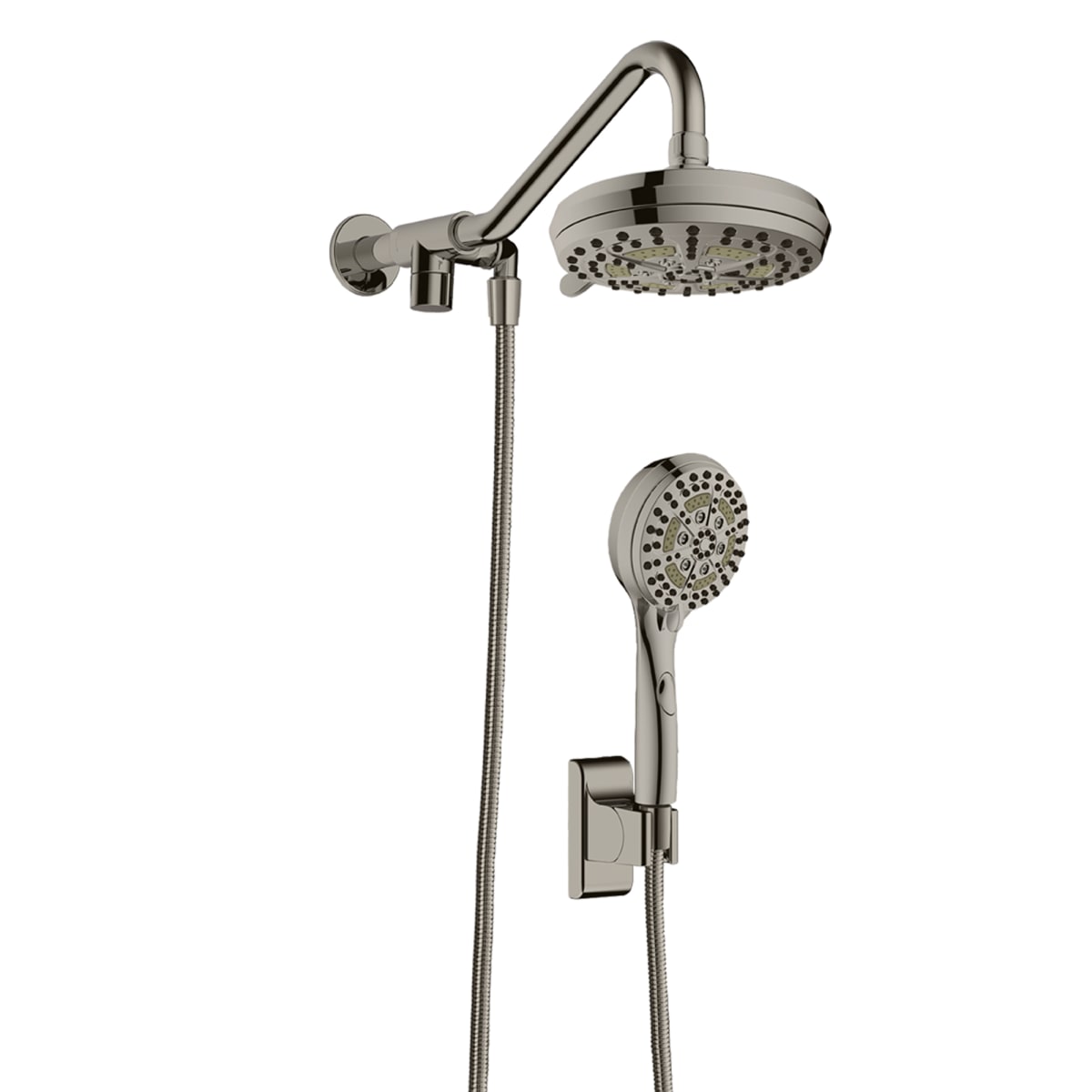What Is a Pulsating Headache?
Pulsating headaches can be debilitating enough that you end up taking sick days from work. Depending on your employment situation, this means you could lose out on wages if the problem becomes frequent enough.
A 49-year-old man presented to the Emergency Department (ED) with a chief complaint of 'there is a heartbeat in my eye.' Pertinent history included an episode of trauma 2 months prior to his onset of unilateral vision loss. Computed tomography scan of the head obtained in the ED upon his initial inj. Pulse in head - MedHelp's pulse in head Center for Information, Symptoms, Resources, Treatments and Tools for pulse in head. Find pulse in head information, treatments for pulse in head and pulse in head.
Since there are many types and causes of these headaches, it can be frustrating to know where to turn. A trigger may come out of nowhere, leaving you clueless as to how to address it. Once you understand the potential sources of this pain, you should be better prepared to begin an effective diagnosis and treatment plan.
Do You Feel a Pulsating Pain?
Do you experience throbbing headaches, also known as pounding headaches or pulsating headaches? These painful, distracting headaches can make it difficult for you to manage your day-to-day activities at work and home. They often are very resistant to common “over the counter” headache medicines.
The truth is, there are many types of headaches.
Each type suggests a different underlying cause. It’s often the case that, when the underlying issue is treated, the headache goes away for good. However, this requires a professional diagnosis by true headache experts.
Headache pains can be of different types and vary in duration and severity. Among them, a throbbing/pulsating headache can feel especially disabling. Unlike other headaches where the pain is only a mild, nagging one and daily routine is not altogether affected, pulsating headaches are much worse. They force the individual to stop all activity and lie down to rest until the pain goes away.
Pulsating Headache— Which One Is Mine?

Though you may try to lie down to relieve the pain, there are many small sensations that can exacerbate the headache. A sudden noise or movement can cause the ache to spike, and an unexpected intrusion of light can lead to other symptoms, such as nausea or intense dizziness. This can last for hours if you don’t seek out the right remedy. Finding a way to treat it starts by understanding the trigger.
A pulsating or throbbing headache is enough to bring life to a standstill and make you feel miserable for as long as it lasts. The pain is a pounding, explosive sensation in the head that may affect all or just a portion of the head. What makes it worse is that the pain can extend to the neck, arms, eyes and facial muscles as well. Some may get a headache due to food allergies. Sometimes staring at the computer for too long can be the trigger. Loud noise, caffeine withdrawal, hangovers, and stress can all be causes of a pulsating headache.
Pulse In Head Throbbing
How Is a Throbbing Headache Different from Others?


A routine headache is often characterized by minor pain that eventually goes away. Those with a low threshold for pain may take an over-the-counter medication, but many people don’t consider the ache severe enough for any kind of intervention. Most are able to go about their daily activities without having to stop.
In contrast, a throbbing headache can make it impossible to focus on anything else but the pain. These aches are often localized to one particular area. The pulsating rhythm can feel like someone is beating against the inside of your skull, causing pain that only gets worse the longer you are exposed to certain stimuli.
What Causes These Throbbing Headaches?
Pulsing Sensation In Head
A throbbing headache produces pain that noticeably ebbs and flows in rhythm with the sufferer’s heartbeat. This headache can arise suddenly and unexpectedly in someone who has no history of regular headaches. There are many potential causes, and some suggest a serious medical issue. Some possible causes include:
- Hunger: Some days you may be too busy to stop and eat lunch, but this can lead to a terrible headache that’s difficult to get rid of. This pain typically manifests in tightness around your entire head, and other symptoms of hunger, such as stomach pain or dizziness, may increase the severity of the headache. If it gets bad enough, the ache may continue even after eating a meal.
- Caffeine Withdrawal: In many cases, throbbing pain is created by the dilation or constriction of blood vessels in the head or neck. This can be caused by ingesting caffeine or–hours to many days later–the body recovering from caffeine’s effects. Pain caused by caffeine withdrawal generally manifests near the front of the head.
- Allergic Reaction: Allergic reactions to foodstuffs, airborne allergens and more can cause pulsating headaches. Headaches centered low in the front of the head suggest that sinus pressure is to blame. However, you also should check for a rash or other symptoms that suggest a different, potentially unfamiliar allergen.
- Venous Malformation in the Brain: Vascular damage in and around the cranium and brain may cause persistent headaches of many kinds, but throbbing pain is common. Special diagnostic imaging tests are used to uncover this issue. They pinpoint the position of veins and capillaries that appear “swollen” or malformed.
- Migraine: A migraine is a constellation of symptoms with a chronic, severe headache at the center. The pain can come on suddenly and may include seeing an “aura” or “halo,” plus sensitivity to light and sound. Dozens of different medical conditions can cause migraines, but it also can appear alone. Many sufferers find they have a family history of migraines.
Types & Causes of Pulsating Headaches
There are many different variations of pulsating headaches, and some people are more susceptible to certain types. The kind of work you do can play a role, as can genetics. Examine the following types of headaches to determine which you believe is afflicting you.
- Tension Headaches: This is often a dull headache that starts at the back of the head and then extends to the rest of the head. It occurs due to muscle tension felt in the scalp, neck, and shoulder. It is related to underlying stress and generally occurs in people who stare at the computer and work for a long time keeping the same position.
- Migraine: Pulsating headache is one of the most common symptoms of a migraine. Like in the case of most headaches, the exact cause behind the pain is unknown but the trigger is likely to be some irregular activity in the brain. Migraines are more common among women than men and can be hereditary. These headaches are accompanied by vomiting, nausea, and light and noise sensitivity.
- Cluster Headaches: Pulsating headaches are common with cluster headaches. Not only are they quite painful, but they can also last for months together. The pain is sudden and is felt on one side of the head. Smokers and drinkers are most prone to cluster headaches.
- Sinus Infections: Pulsating headaches can also be a symptom of sinus infections that affect the front of the head. With sinus headaches, you may feel an intense burning pain along your cheeks or at the bridge of your nose. Along with the ache, you may experience nasal symptoms, such as a runny nose or congestion.
More often than not, pulsating headaches are only a result of the above few conditions and can be cured or reduced with a treatment plan. However, if the headache is recurrent and medicines do not seem to be working, it is important to check for more serious secondary causes such as meningitis, stroke or brain tumor. This is a rare thing to happen, however, it is best to rule out any possibility of an underlying ailment.
How Can You Get Relief?
Since pulsating headaches have multiple causes, there’s no one way to alleviate them. The key is to uncover what is causing it so that you can treat that specific problem. If you have trouble localizing the source of your headaches, a doctor can ask you some guided questions to help you narrow it down.
The triggers of some throbbing headaches are avoidable, but not all. For example, you may discover that the light from your computer screen is the culprit, but because it is a regular part of your work routine, you have to find a way to endure it without experiencing a headache. Migraines can also be hereditary, which is another difficult obstacle to overcome.
If You Suffer From Pulsating or Chronic Headaches, It’s Time to Get a Diagnosis
Lying with one’s eyes closed in a dark room can help get rid of the headache. Massaging the neck and scalp area can also bring relief. Over-the-counter medicines are safe and effective as long as you do not take them too often. Following a healthy lifestyle with exercise and a good diet go a long way in keeping headaches at bay.
Do you experience painful headaches two or more days a week? Have you noticed new headaches appearing more than two days a week for the last two weeks? In either case, accurate diagnosis is critical to long-term wellness. With the right treatment, you can alleviate headache pain and may be able to arrest the underlying cause before it gets worse.
You shouldn’t have to suffer through this chronic problem. People often minimize their headaches, assuming they’re normal, but there is nothing normal about frequent, debilitating pain. Get help now to get the relief that you need.
At the National Headache Institute, our experts use cutting-edge technology to uncover undiagnosed problems that might be the root cause of headaches. Each one of our patients receives a customized treatment plan to fully and effectively address the real issues. In many cases, it is possible to completely eliminate headaches at the source. This outcome even can be true for sufferers of severe and chronic migraines.
National Headache Institute has gained its reputation as one of the premier medical facilities treating a variety of headaches. Our focus is on precise and expert headache diagnosis that enables us to offer the most effective treatment options. Do not ignore your pulsating headache symptoms. Let us help you. Use our contact form to book a consultation at a clinic location today.

Pulse In Head When Lying Down
Image Credit: Shutterstock/Damir Khabirov
Sensations
Fact Checked
by Henry Vyner, MD, Psychiatrist and Micah Abraham, BSc
Last updated October 10, 2020
There are many different kinds of headaches, and each type of headache tends to have a distinctive type of pain.
One type of headache is a tension headache, and tension headaches typically cause you to have a pain that feels like there is band of tightness or pressure around your head. It is usually a moderate pain when you compare it for example to the pain of a migraine headache.
Some people have chronic tension headaches, and they will do better if they seek out professional help. Chronic tension headaches are defined as tensions headaches that last for hours, and that occur more than fifteen times a month or three months in a row.
We don’t know for sure what causes tension headaches, although common sense tells us that they are probably caused by stress. We often find that we get tension headaches if we are in a stressful situation, or if we push ourselves too hard, or if we make ourselves rush.
Science has shown that people who have lots of tension headaches are more likely to suffer from anxiety disorders. In other words, tension headaches are associated with anxiety, and anxiety may well play a role in causing tension headaches.
Make Sure That Your Headaches Aren’t A Sign of A Serious Illness
Headaches can be a symptom of stress. Or they may be a sign of a serious physical problem. For example, a headache may be a symptom of a tumor in your brain, or of an infection of your brain or the coverings of your brain. Or of any number of serious health problems.
This means that if you have chronic headaches, the first thing to do is to go see your doctor to make sure that your headaches aren’t being caused by a physical illness.
You want to be sure to go see your doctor if you have a headache with any of the following qualities:
- Your headache comes on abruptly and is severe
- Your headache is accompanied by fever, a stiff neck, confusion, double vision or difficulty in speaking.
- You have a headache after a head injury.
Your doctor will take a history, do a physical examination and if necessary do blood tests and imaging studies.
If your doctor doesn’t find any physical cause for your tension headaches, then you can pretty much assume that they are probably caused by stress and/or anxiety. And then you can treat them accordingly.
You can confirm for yourself that your tension headaches are probably caused by stress and/or anxiety if they have the following qualities:

- Your headaches tend to occur during periods of feeling stressed/anxious.
- Your headaches tend to occur along with other symptoms of stress or anxiety.
- Your headaches tend to come and go depending on your level of anxiety/stress.
Getting Immediate Relief for Your Tension Headaches
You can often feel a tension headache starting to build up in your head. You can feel the first signs of tension building up in the muscles of your head. When you sense that first sign of tension, slow down and stop whatever it is you are doing for a moment. Pay attention to the tension and accept it. This in and of itself may short circuit and stop the tension.
Other things that might help stop the buildup of tension are:
- Take a walk
- Take a moment and slow down whatever it is you are doing.
- Take some deep breaths to release your tension.
- Massage the muscles in your head and neck to release the tension. This can be very effective.
If none of these measures work, you might want to take an over the counter pain killer (analgesic) that you know and that works well for you. Experiment with your medication, and figure out the smallest does that will stop your headache effectively.
But the most important thing to do is to take measure that will help you prevent the occurrence of tension headaches in the future.
The Prevention of Tension Headaches
Pulse In Head And Dizziness
Tension headaches can take a heavy toll on your life. In addition to causing pain, they can also cause you to miss days of work, or impair your ability to function at work. Or they may cause you to be irritable with friends and family. If any of these things are happening to you, then you want to be sure to take one or more of the many available steps you can take to prevent tension headaches.
- Exercise - this will relieve stress.
- Learn to Detect When You Are Pushing Yourself - much of the stress and tension that we experience in life comes from pushing ourselves too hard. Learn do detect when you are pushing yourself, and then learn to gently stop yourself pushing yourself. And don’t judge yourself when you find yourself pushing yourself. Just let it go.
- Biofeedback Training - biofeedback training will teach you how to stop making the muscular responses to stress that cause your headaches.
- Psychotherapy - go into therapy to find out why you are feeling stressed and/or anxious. Once you find out why you are feeling stressed, you can take measures to reduce your stress.
- Meditation - meditation will help you see why you are feeling stressed and learn to let it all go.
- Mindfulness Training - mindfulness training will do the same.
- Create a Life That is an Expression of Your True Self and Your Deepest Values - this is the best way to stop stress and anxiety. Be yourself. Believe in and love what you do.
Feeling Pulse In Your Head
🍪 Pssst, we have Cookies!
Pulse In Head Normal
We use Cookies to give you the best online experience. More information can be found here. By continuing you accept the use of Cookies in accordance with our Cookie Policy.
